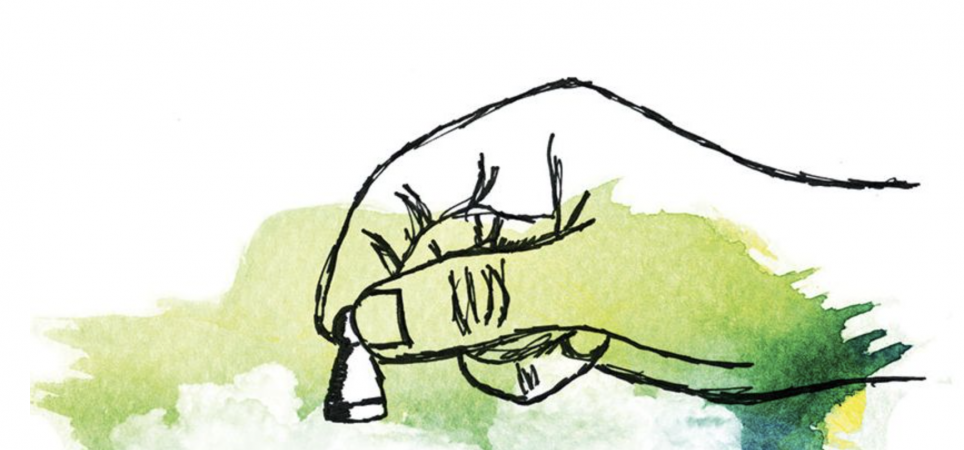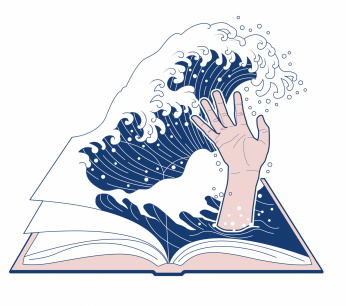Education council wants to better protect public education
The tutoring industry is growing strongly, as is the number of private schools. Moreover, public and private education are becoming more and more intertwined. This is worrying, says the Education Council in its latest advice. The Council advocates better protection of public education.

Picture: Type tank
According to the Education Council, the danger of this privatization is that education is no longer accessible to all students free of charge. This increases the inequality of opportunity because only children of wealthy parents can make use of private education. 'In addition, the quality of education is deteriorating and teachers and school leaders have less say in the education at their school,' writes Edith Hooge, chairman of the Education Council, in the advisory report. Public character first.
Measures needed
Privatization is not new and the Council also sees positive sides, for example that it contributes to educational innovation. But the growth and increasing entanglement are a cause for concern, according to the council. Measures are needed to guarantee accessibility, quality and professional control. The government should, for example, better protect the public character, advises the Education Council. For example, schools must in any case receive sufficient resources to realize generally accessible and high-quality education.
In addition, the government must guarantee the public character in legislation and regulations and clearly indicate what does and does not belong to publicly funded education. For example, agreements on sponsoring and donations should be anchored in law. The council recommends separating the voluntary parental contribution from the individual child. Schools can still request a contribution, but they do not register which parents pay it.
The government and school boards now seem insufficiently aware of the risks
Above all, the council insists on 'a stronger awareness'. 'Government and school boards now seem insufficiently aware of the risks.' According to the Council, everyone within the school organization must be aware of the public nature of education and assess choices against it. The Council sees an important role for school administrators in this regard.
Growth
The growth of private supply has several causes. For example, parents experience a lot of pressure to invest in their children's educational opportunities. More than a quarter of pupils in primary and secondary education now make use of supplementary education.
According to the Education Council, schools also regularly encourage the use of shadow education. They refer pupils to private tutoring or homework assistance, point out to parents the importance of additional education or advertise these institutes on an open day, on the website or in a newsletter. 'Schools will in fact rely on the supplementary private offer,' the council writes.
In this way, schools are in fact leaning on the supplementary private offer
According to the council, the corona pandemic and NPO funds have strengthened these developments. There is a significant growth in the number of commercial parties that offer tutoring, summer or autumn schools as a solution for missed lessons and incurred learning delays.
Private education has also increased significantly. For example, between 2015 and 2018, the number of private primary schools almost doubled: from 35 to 60. Private parties and private offerings in education are also becoming increasingly visible.
A school should not be a place where commercial providers can sell their wares to parents
Schools are more likely to present themselves with extra offerings such as bilingual education and Cambridge English. And more students are opting for concept or profile schools, for which parents often have to pay extra. For example, the number of pupils in secondary bilingual education increased from 2013 thousand to 2017 thousand between 29 and 36. 'Parents often have to pay a lot for this,' the council writes. 'For example, an average of 400 euros per year is charged for bilingual education.'
'Everything that is offered within the walls of a publicly funded school should be equally accessible to all students,' says chairman Edith Hooge. 'A school should not be a place where commercial providers can sell their wares to parents.'
Substantial investments are needed to turn the tide
De AOb supports the recommendations of the Education Council. “The analysis shows that privatization has gone too far,” says AObdirector Jelmer Evers. “But we won't stop this if the basics are not in order. The quality of education is declining due to the teacher shortage and the high workload. Parents are looking for alternatives because the public variant is not sufficient. Significant investments are therefore needed to turn the tide.”
Also sees the AOb a cause in the government policy of the past thirty years, something that is missing in the analysis of the Education Council. “Decentralisation, economies of scale and competition encourage privatisation,” says Evers. “While the interest of a board can therefore differ materially from the public interest, or that of the educational staff. This development further erodes education. It is important that teaching staff is given a stronger position and that the government takes more control.”
Read here the article that the Education magazine wrote about the increase in the hiring of private consultancy firms. The AOb sent a joint letter together with other educational organizations in response to this advice from the Education Council. Download the letter via this link.


